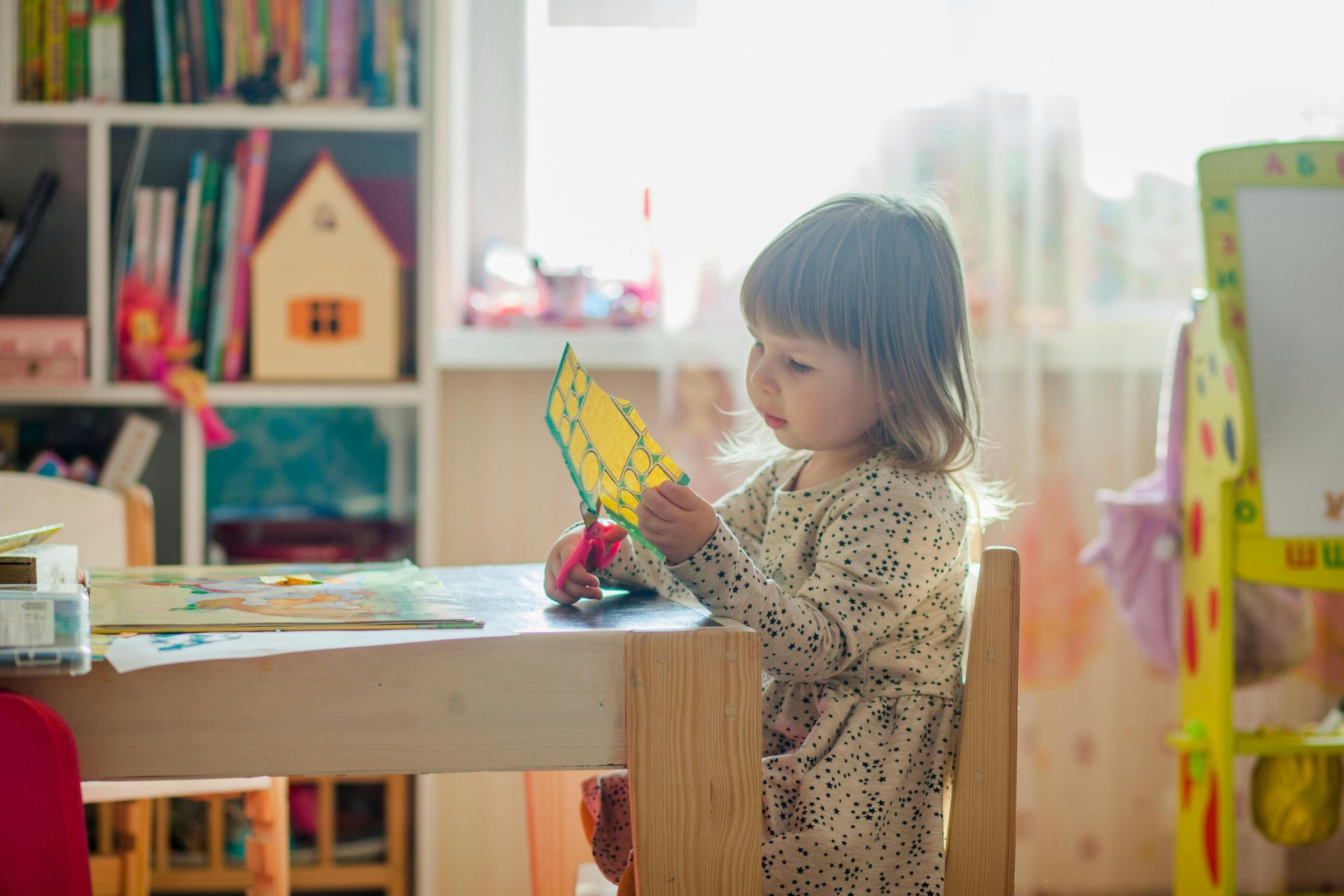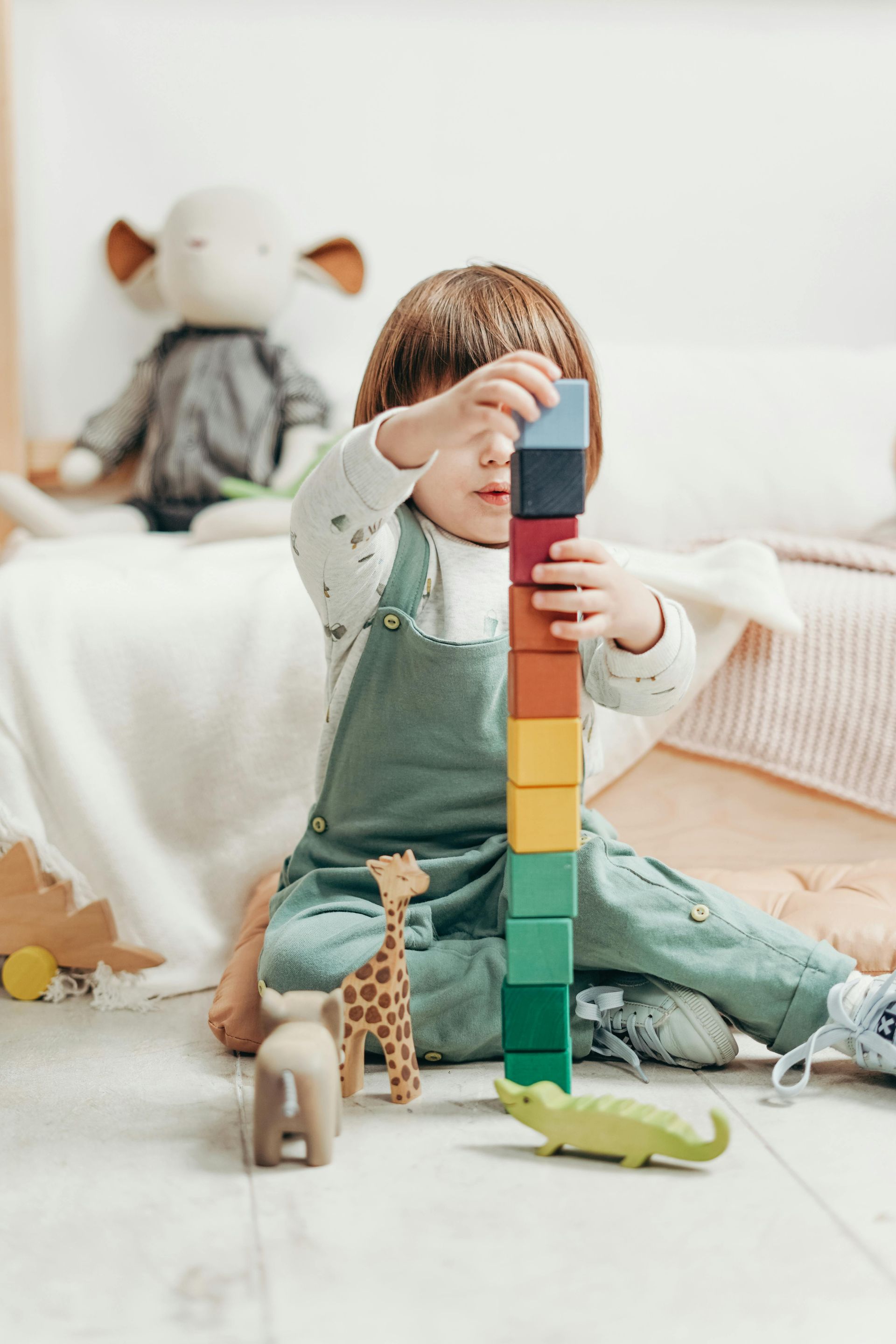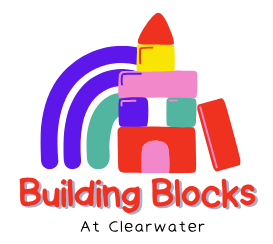How to Support Your Child’s Social Development Through Play and Interaction
The Role of Play in Social Development
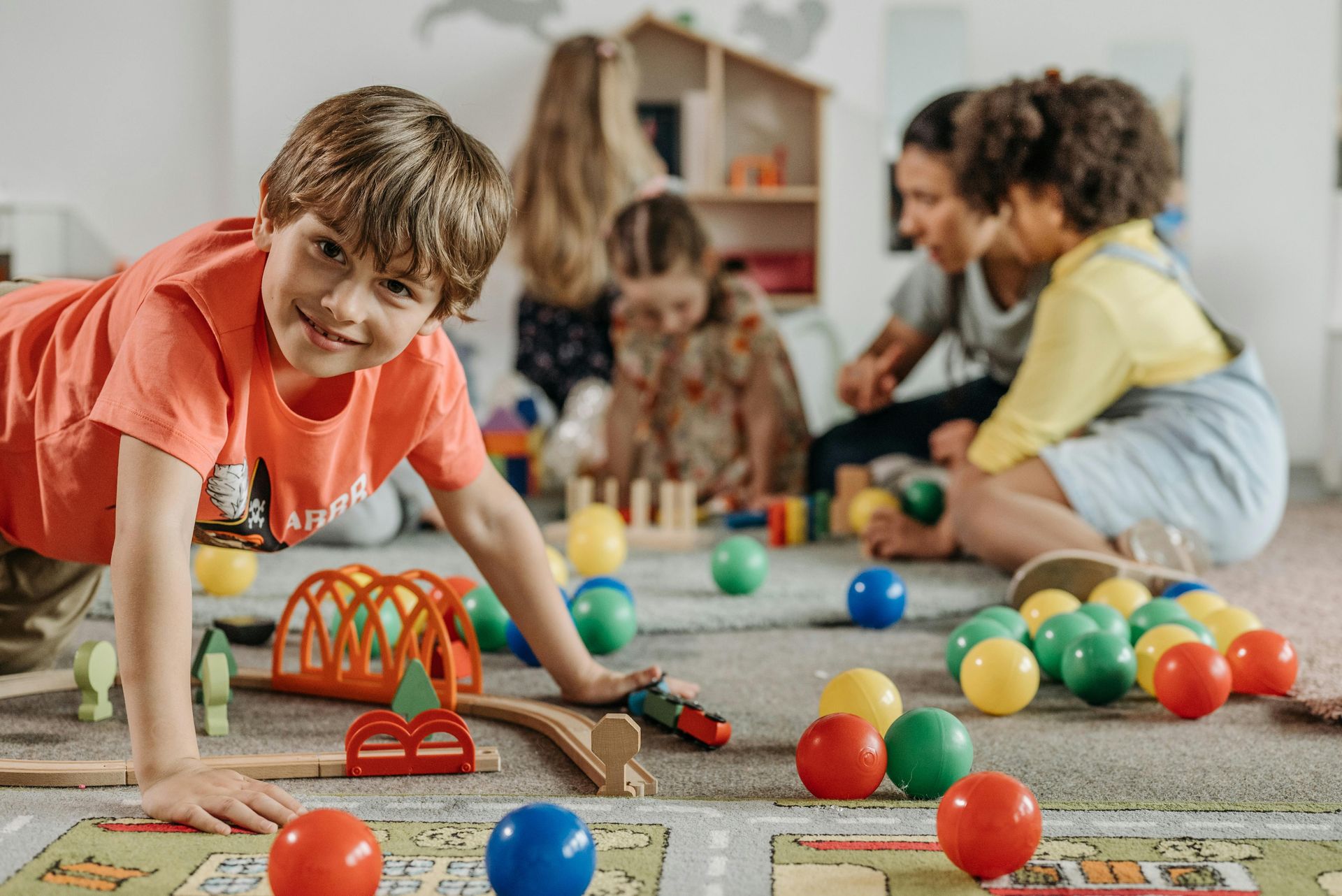
Play is a powerful tool in fostering social development, and at Building Blocks At Clearwater, we embrace its importance in our curriculum. Through play, children learn essential social skills such as sharing, taking turns, and cooperating with others. Whether it's through structured group activities or free playtime, children engage in social interactions that help them understand empathy, negotiation, and conflict resolution. At Building Blocks At Clearwater, we create an environment where children can explore these skills in a safe, supportive setting, encouraging healthy social growth at an early age.
Encouraging Group Play and Collaboration
At Building Blocks At Clearwater, we emphasize group play as a key part of developing social skills. Group play teaches children to work together toward a common goal, whether that’s building something with blocks, playing a game, or creating art. Through these interactions, children learn to communicate, listen to others, and respect differing opinions. Collaborating with peers fosters a sense of belonging and helps children build friendships, which are essential for emotional development and well-being. The social experiences gained from group play lay the foundation for future relationships and teamwork.
Modeling Positive Social Behavior
Children learn by observing the adults around them, and at Building Blocks At Clearwater, we ensure that our educators model positive social behaviors. By demonstrating kindness, respect, and patience, our staff teaches children how to interact with others in healthy ways. Through simple acts like greetings, offering assistance, or resolving conflicts calmly, children observe how to handle social situations effectively. Parents and educators can reinforce these behaviors at home and in school, providing consistency and helping children develop strong interpersonal skills as they grow.
Teaching Empathy Through Play
Empathy is a crucial component of social development, and at Building Blocks At Clearwater, we help children learn how to recognize and respond to the emotions of others. Play offers a natural opportunity for children to practice empathy, as they interact with peers and understand their feelings. Activities like role-playing, sharing toys, or comforting a friend provide real-life scenarios for children to learn empathy. By fostering an environment of kindness and understanding, Building Blocks At Clearwater teaches children the importance of considering others’ perspectives, which is vital for building meaningful relationships.
Supporting Communication Skills Through Interaction
At Building Blocks At Clearwater, we believe that strong communication skills are essential for social development. By providing opportunities for children to engage in conversations, express their ideas, and listen to others, we help them develop confidence in social interactions. Whether it’s participating in group discussions, asking questions, or telling stories, these interactions teach children the value of both speaking and listening. Encouraging children to communicate effectively helps them build strong relationships and navigate social situations with ease, laying the foundation for success in school and beyond.
Facilitating Conflict Resolution Skills
Conflict is a natural part of social interactions, and learning to resolve conflicts peacefully is an important skill. At Building Blocks At Clearwater, we guide children through conflict resolution by encouraging open communication, listening, and compromise. Through structured activities and guided play, children learn to express their emotions, understand differing viewpoints, and work toward a solution. By providing a supportive environment where children feel safe to resolve disagreements, Building Blocks At Clearwater helps them develop the skills needed to navigate social challenges effectively and confidently.
The Importance of Free Play for Social Skills
Free play is essential for encouraging creativity and independence, and at Building Blocks At Clearwater, we prioritize unstructured playtime as part of our social development approach. Free play allows children to take the lead in their interactions, make decisions, and explore their interests. During this time, they develop critical social skills such as negotiation, problem-solving, and emotional regulation. Whether playing in the sandbox, building with blocks, or engaging in pretend play, children have the opportunity to express themselves freely and build the social confidence they need for future relationships.
Encouraging Play with Diverse Peers
At Building Blocks At Clearwater, we believe that social development flourishes when children interact with a diverse group of peers. Interacting with children from various backgrounds and with different abilities helps children learn tolerance, respect, and appreciation for differences. By promoting inclusive play and group activities, we expose children to a range of perspectives and experiences, which fosters a deeper understanding of diversity. These early experiences teach children how to navigate relationships with individuals from various walks of life, preparing them for the broader social world they will encounter.
Parental Involvement in Social Development
Parental involvement plays a key role in supporting a child’s social development. At Building Blocks At Clearwater, we encourage parents to actively participate in their child’s social growth by engaging in play at home and reinforcing the social skills learned in school. Simple activities like playing board games, organizing playdates, or encouraging shared activities with siblings can help children practice communication, empathy, and collaboration. By working together with educators, parents can support their child’s social development both at school and at home, ensuring a well-rounded approach to growth.
Creating a Positive Social Environment at Home
A positive social environment at home is just as important as what children experience at school. At Building Blocks At Clearwater, we emphasize the importance of providing a supportive, caring home environment where children feel safe and valued. Parents can support social development by encouraging open communication, praising positive social behaviors, and offering opportunities for peer interactions. By fostering a positive home environment, parents and caregivers set the stage for children to develop strong social skills that will serve them well throughout their lives, both at school and in their communities.
Ages Two Year - School Agers
- Mon - Fri
- -
- Sat - Sun
- Closed
Ages Two Months - One Year Old
- Mon - Fri
- -
- Sat - Sun
- Closed
Contact Information
All Rights Reserved | Child Development Center
